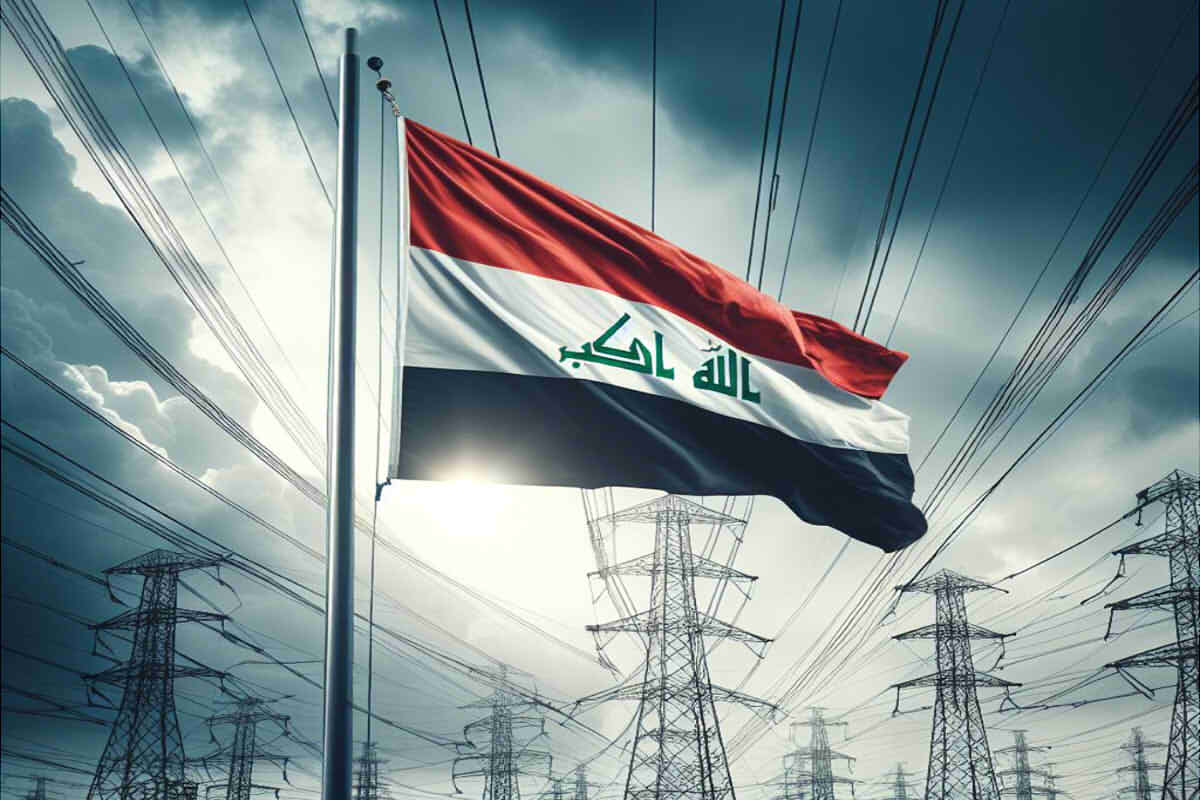The ZMS Cable company has successfully completed its collaboration with the Iraqi Ministry of Electricity (MoE) in the 132KV transmission line project, connecting Dibes with EAST Kirkuk. ZMS suministra high voltage overhead cables essentials and related accessories crucial for project execution.
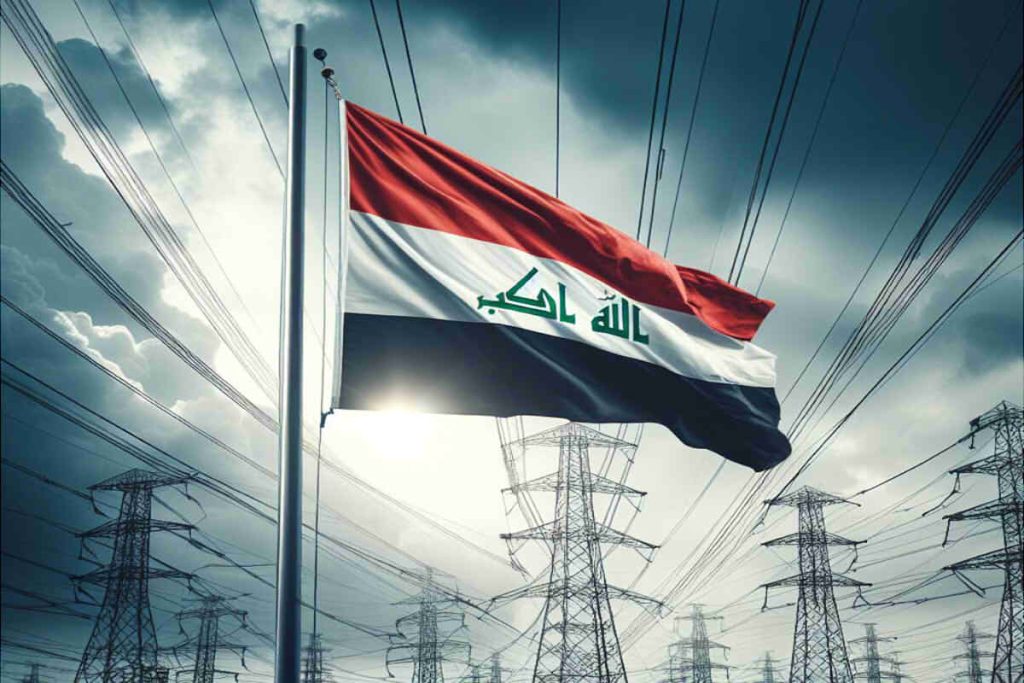
The project, supervised by the Iraqi Ministry of Electricity (MoE), aimed to strengthen Iraq's electricity transmission capabilities, facilitating efficient energy distribution in key regions. By establishing a robust transmission line between Dibes and EAST Kirkuk, The project sought to address growing electricity demands and improve grid reliability in the area.
Based on your experience in the field, ZMS Cable supplied Steel Reinforced Aluminum Conductors (ACSR) to meet specific project requirements. In addition to cables, ZMS provided related accessory sets critical for transmission line installation and operation. From connectors to insulators, Each component was meticulously selected and tested for quality.
Table of Contents
- Iraqi Ministry of Electricity (MoE)
- Cooperation between the MoE and the ZMS
- Electricity development in Iraq
- Challenges of Iraqi electricity development
- MSZ in the Middle East
Iraqi Ministry of Electricity (MoE)
The Ministry of Electricity of Iraq (MoE) is the authorized body responsible for the formulation and implementation of national policies related to the supply and management of electricity within Iraq. Laid on 2003, the MoE assumed responsibility for overseeing the nation's electricity sector, a role previously played by the Ministry of Industry and Minerals.
Responsible for a wide range of responsibilities, the MoE exercises jurisdiction over all aspects of generation, transmission, distribution and formulation of electricity policies. In a concerted effort to streamline operations and improve efficiency, the ministry underwent structural restructuring, consolidating operational functions in 18 geographic departments under his supervision.
Leading Iraq's electrification efforts, the MoE remains steadfast in its commitment to ensure uninterrupted access to electricity for all citizens, while promoting sustainable development and economic growth. Through strategic initiatives and partnerships, ministry strives to modernize Iraq's aging infrastructure, strengthening its response capacity to meet the nation's growing energy demands.
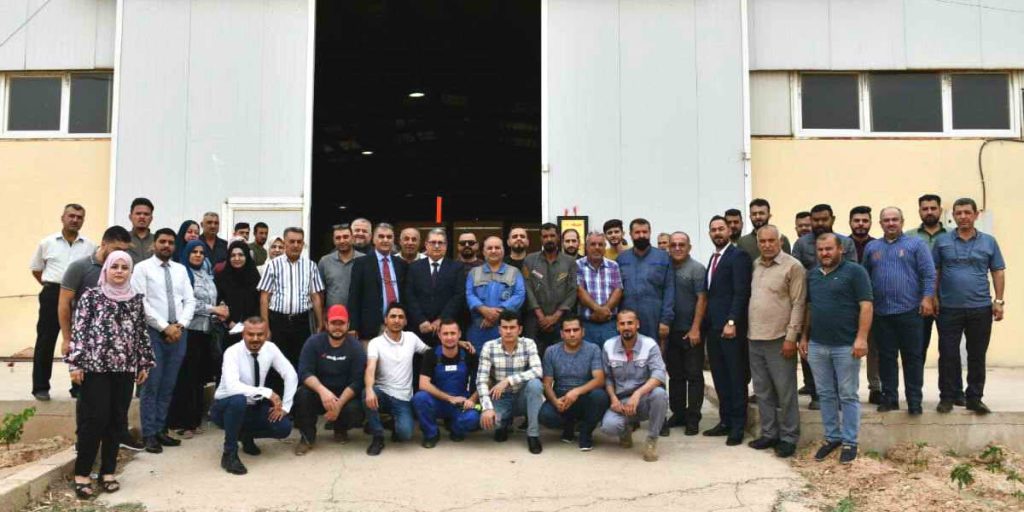
As a key player in Iraq's energy landscape, The MoE plays a critical role in shaping the trajectory of the nation's electricity sector. Its collaboration with industry leaders such as ZMS Cable Company exemplifies a shared commitment to advance Iraq's energy goals., underscoring the importance of strategic partnerships in driving progress and prosperity.
Cooperation between the MoE and the ZMS
The Mrs. Sun, the project manager at ZMS, expressed his satisfaction with the collaboration. Said: “As a project manager in charge of overseeing ZMS's collaboration with the Iraqi Ministry of Electricity (MoE) in the project of 132KV transmission line, I am pleased to reflect on the successful completion of this effort.”
“Our partnership with the MoE has not only allowed us to contribute to Iraq's energy infrastructure, but has also provided us with valuable insights into the country's evolving energy landscape.. Through diligent coordination and unwavering dedication, We have delivered high quality high voltage overhead cables and related accessories essential for project success.”
“Cooperation with the MoE has been instrumental in deepening our understanding of the Iraqi market and its unique project requirements. By adhering to rigorous quality control measures and prioritizing customer satisfaction, We have strengthened trust and laid a solid foundation for future collaborations with the MoE.”
“Looking to the future, ZMS remains committed to supporting Iraq's energy development goals and contributing to the nation's progress. We are confident that our continued partnership with the MoE will create further opportunities for innovation and collaboration., driving positive change and sustainable growth in Iraq's electricity sector.”
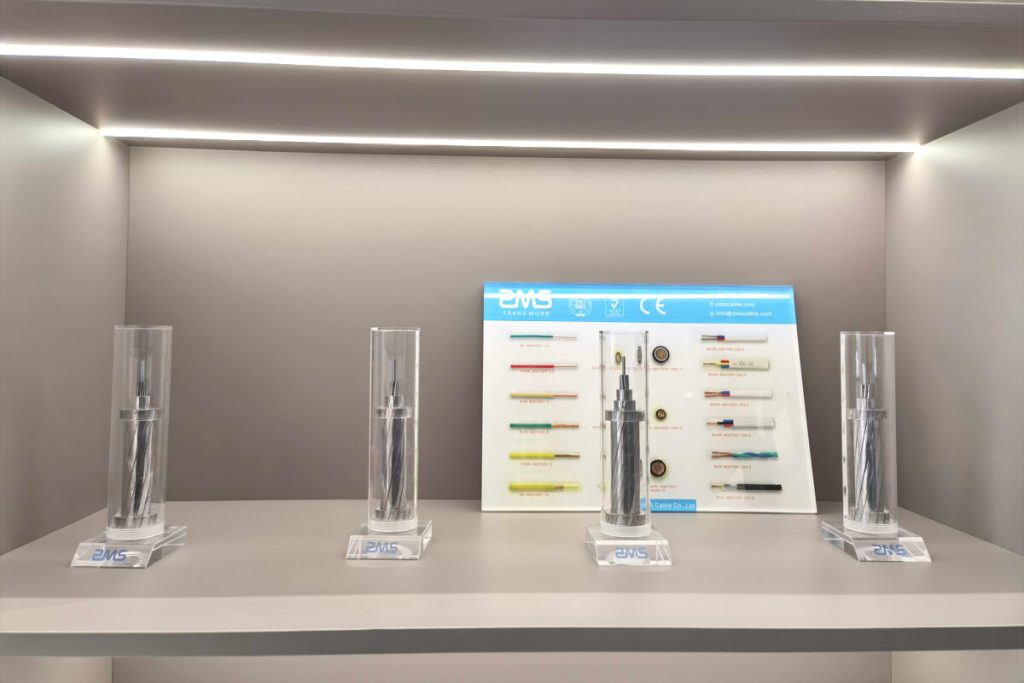
Electricity development in Iraq
Iraq started the project “Development Path” in June 2023, with the aim of improving transportation infrastructure and promoting economic growth. This initiative coincided with the start of an energy design program, facilitating the integration of electricity networks with Jordan and Saudi Arabia.
At the beginning of 2024, Iraq reached an agreement to allow an initial supply of 40 MW on a line 132 kilovolts (KV), importing electricity from Jordan, thus strengthening the electrical supply. Simultaneously, efforts to complete the electrical interconnection with Kuwait by the end of 2024 are underway, with the aim of reducing dependence on Iran for energy needs. The completion of the GCC-Iraq Electrical Interconnection project, expected in 2024, will further strengthen Iraq's energy security.
Looking forward to 2030, Iraq has set ambitious goals to generate the 33% of your electricity from renewable sources, which has led to the approval of a fund $680 million from the Central Bank of Iraq for the development of renewable energy. According to Iraqi policies, The grid interconnection project is projected to drive an increase in long-distance transmission and distribution projects, thus increasing the demand for overhead bare cables.
Recent geopolitical tensions have highlighted the importance of energy security, driving global interest in renewable energy sources such as solar and wind energy. In light of these developments, ZMS recognizes the growing demand for overhead lines and new power cables in the Middle East market and has adjusted its strategic approach accordingly.
Challenges of Iraqi electricity development
Despite its enormous potential, The Iraqi electricity sector faces a number of challenges ranging from financial constraints to technical complexities, which hinders their development path. decades of conflict, including wars and internal conflicts, have caused serious damage to the infrastructure, exacerbating the gap between supply and demand. This protracted conflict has resulted in continued technological setbacks and business losses., further widening the disparity between electricity generation and consumption.
To address these challenges, The industry is actively pursuing new natural gas capture and power generation projects.. Successful implementation of these initiatives depends on the seamless integration of these projects with significant infrastructure improvements.. Modernization of grid infrastructure is essential to accommodate the expected increase in power generation capacity and ensure efficient distribution of electricity throughout the country.
In response to these challenges, Baghdad has unveiled diversification projects aimed at strengthening Iraq's energy security and improving the reliability of its power grid.. These initiatives are strategically designed to mitigate the country's dependence on a single energy source., while diversifying their energy portfolio. By adopting renewable energy sources and investing in modernization efforts, Iraq aims to not only strengthen its energy infrastructure, but also align with global climate goals, promoting sustainable development and resilience in its electricity sector.
MSZ in the Middle East
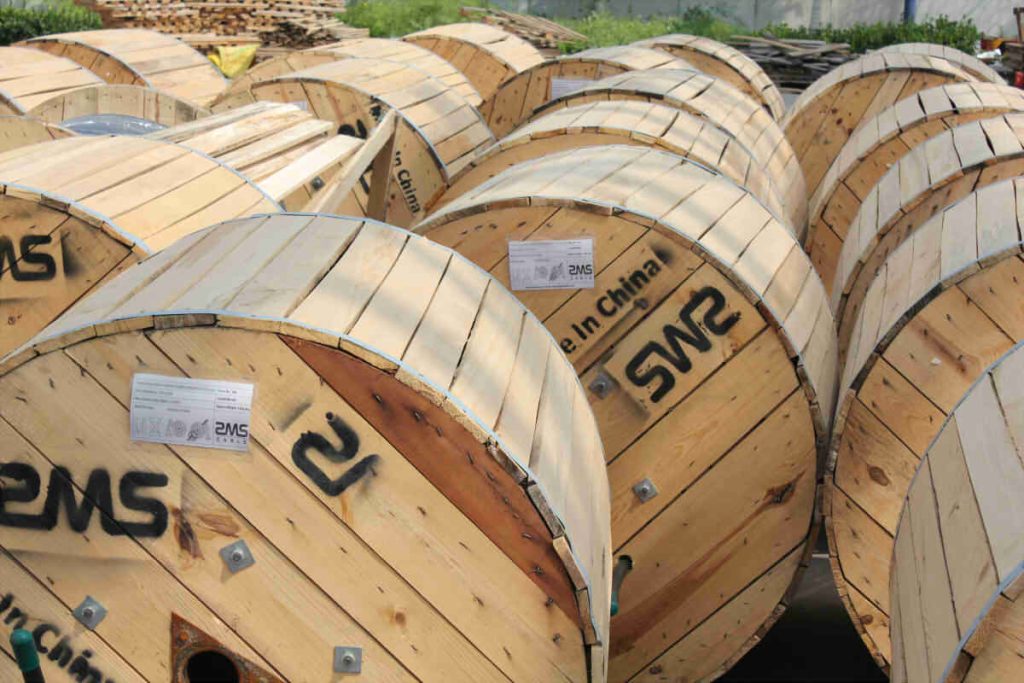
ZMS has established a significant presence in the Middle East, serving as a reliable supplier of cable products for numerous projects spanning several countries in the region. From Saudi Arabia to Iraq, United Arab Emirates to Georgia and Azerbaijan, ZMS Cable plant has actively contributed to the development of critical infrastructure initiatives.
By providing essential cable products to support infrastructure projects in the Middle East, ZMS has played a crucial role in improving connectivity, reliability and efficiency in various sectors. As the region continues to witness rapid development and expansion, ZMS remains committed to supporting its growth by delivering innovative and sustainable cable solutions.

